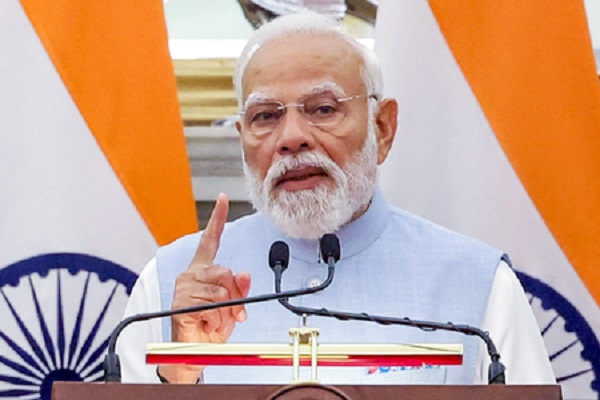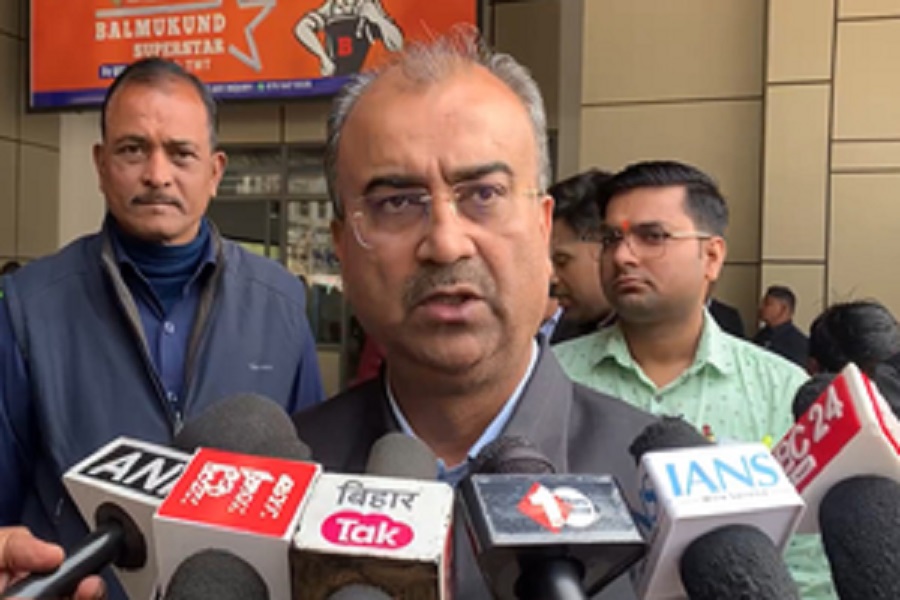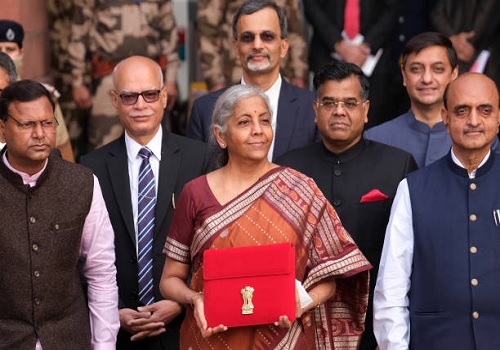Union Budget 2025 : Major Relief for Patients with Exemptions and Concessional Duties on Life-Saving Medicines

In a pivotal move aimed at easing the financial burden on patients battling critical health conditions, Finance Minister Nirmala Sitharaman, during her Union Budget 2025 speech, announced a series of measures focused on making life-saving medicines more accessible. These initiatives target cancer patients, individuals suffering from rare diseases, and those managing chronic health conditions. The government has introduced provisions to reduce the cost of essential medicines, including duty exemptions and concessional duties.
Key Announcements:
1. 36 Life-Saving Drugs Exempt from Basic Customs Duty:
A landmark decision was made to include 36 life-saving drugs in the list of medicines fully exempt from basic customs duty. These drugs are essential for treating serious diseases such as cancer, rare conditions, and chronic ailments. By removing the basic customs duty on these medicines, the government aims to reduce treatment costs, making these essential drugs more affordable and accessible for patients across India.
The selected drugs cover a broad spectrum of therapies, ensuring that patients undergoing long-term treatments for critical illnesses can access necessary medications without the added financial strain. This initiative is part of the government’s broader goal of improving public health outcomes and making healthcare more affordable for all.
2. Concessional Customs Duty on 6 Life-Saving Medicines:
In addition to the duty exemptions, the government has introduced a 5% concessional customs duty on six additional life-saving medicines. These medicines are crucial for treating conditions like cancer and rare genetic disorders. The reduced customs duty is designed to lower the overall cost of these medicines, making them more accessible to patients in need.
This strategic reduction in taxes is expected to ease the financial burden on individuals requiring long-term treatments for diseases that not only take a physical toll but also impose significant financial strain on patients and their families.
3. Exemption for Bulk Drugs Used in Manufacturing:
To further drive down treatment costs, the government has also exempted bulk drugs used in the manufacturing of life-saving medicines from basic customs duty. This move is expected to encourage domestic pharmaceutical production, reducing the country’s dependency on imports and supporting a more self-sufficient pharmaceutical industry.
By lowering the cost of bulk drugs, the government aims to reduce the overall cost of medicines and ensure that pharmaceutical companies have the resources needed to produce high-quality medications at competitive prices. This will contribute to a more robust and sustainable healthcare ecosystem.
4. Focus on Affordability and Accessibility:
The government’s decision to waive off customs duties on critical medicines and bulk drugs reflects its commitment to making healthcare more affordable and accessible to citizens, particularly those suffering from serious and chronic health conditions. This initiative addresses the economic challenges faced by patients and their families, especially when it comes to accessing expensive life-saving treatments.
Conclusion:
The announcements in the Union Budget 2025 for the healthcare sector are a transformative step toward ensuring that life-saving treatments are more accessible and affordable for the millions of patients in India who need them. By reducing the cost of critical medicines, the government is alleviating the financial burden that often accompanies prolonged illness, enabling individuals to receive necessary treatments without compromising their financial security.
These measures will not only benefit individuals suffering from cancer, rare diseases, and chronic conditions but also strengthen India’s pharmaceutical industry, ensuring that more affordable and high-quality medicines are available to all. This progressive approach is expected to have a lasting impact on improving health outcomes across the country and providing much-needed relief for patients and their families.
























